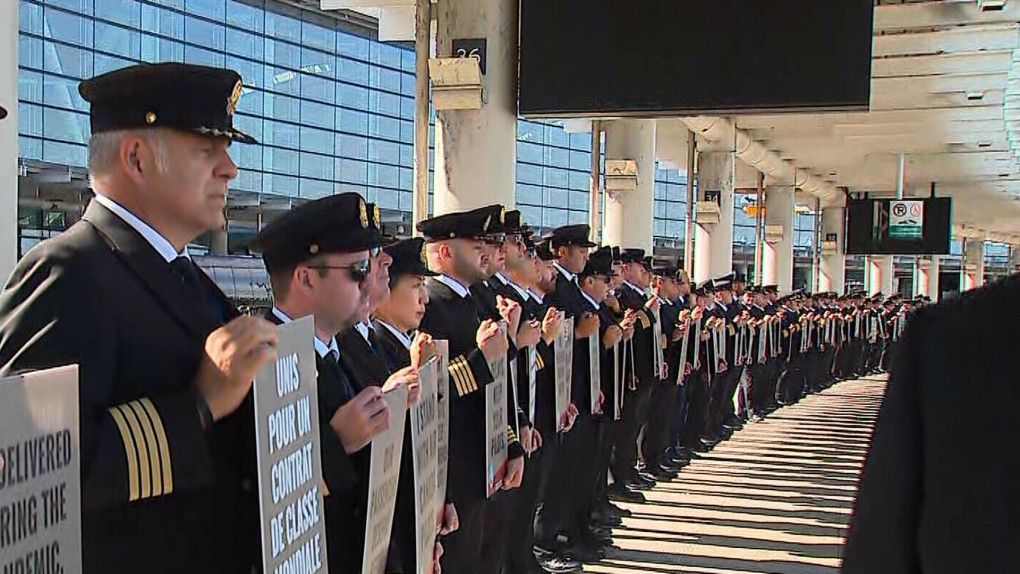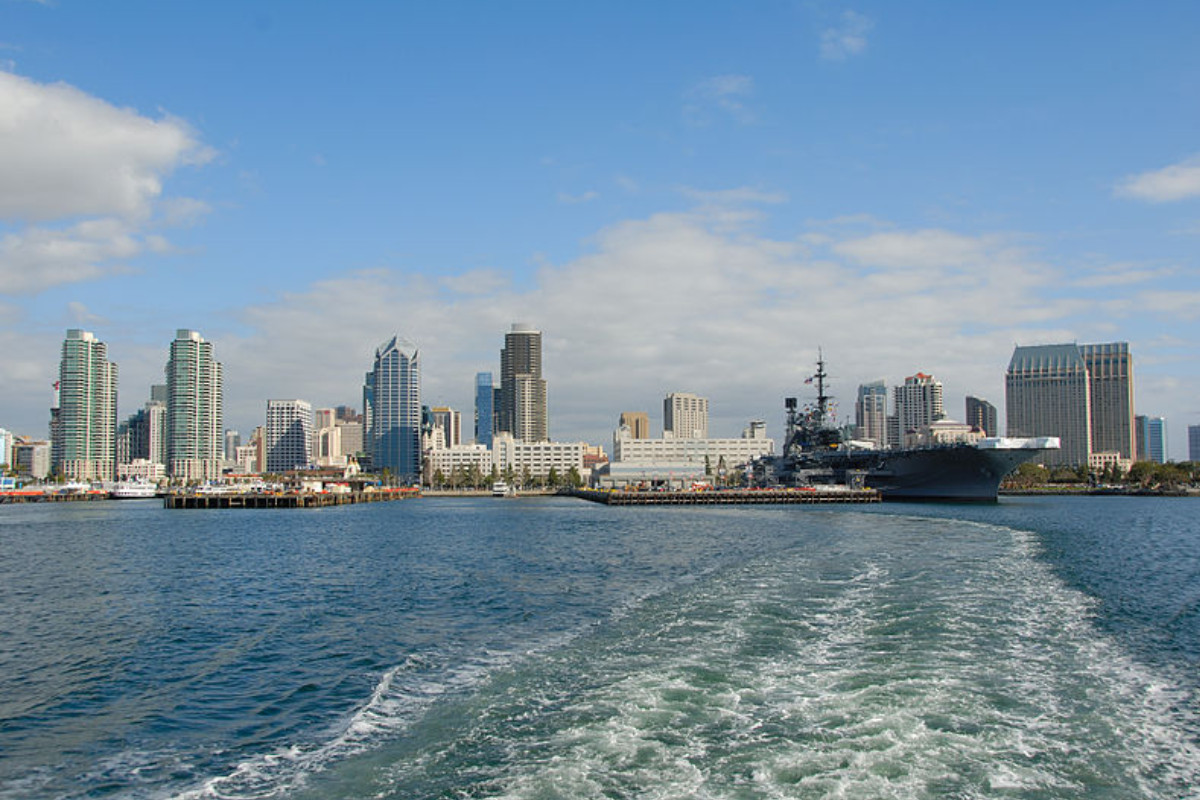Air Canada pilots have voted overwhelmingly to approve a strike mandate, putting them in a position to walk off the job as early as Sept. 17. The Air Line Pilots Association, representing over 5,400 pilots at Canada's largest carrier, announced that 98% of its members voted in favor of the strike on Thursday. The move could disrupt travel plans for millions of Canadians across the country.
The pilots have been in negotiations with Air Canada since June 2023, with ongoing talks taking place in Toronto hotels under the oversight of a federal conciliator. The current process is scheduled to end on Monday, followed by a 21-day cooling-off period, making Sept. 17 the earliest potential strike date.
Charlene Hudy, head of the union's Air Canada contingent, stated that the vote sends a clear message to management that pilots are prepared to take action to secure a more favorable contract. "It's a stale, outdated contract," she said in a phone interview. "There are elements of our collective agreement right now that stem back to just post-bankruptcy." Air Canada filed for bankruptcy protection in 2003.
Hudy acknowledged that the two sides have reached consensus on some areas but that wages and scheduling aspects remain points of contention. She argued that pilots at Air Canada are significantly underpaid compared to their counterparts at major U.S. airlines, citing the example of United Airlines. "We all fly passengers under the Star Alliance. So we're flying the same passengers in the same airspace on some of the very same routes, and those pilots are being compensated dramatically more than us," Hudy said.
Potential Impact on Passengers
The potential for a strike has raised concerns among travelers, especially those with upcoming flight plans. The strike could lead to widespread flight cancellations and delays, causing significant inconvenience and disruption. With the busy fall travel season approaching, the timing of a potential strike couldn't be worse.
Airline’s Response
Air Canada has acknowledged the strike vote and has emphasized its commitment to the bargaining process. "Air Canada remains committed to the bargaining process and will continue to work towards a fair and equitable collective agreement with ALPA that recognizes the contributions of our pilots and supports the competitiveness and long-term growth of our company," the airline said in a statement. However, it's unclear whether the airline will be willing to meet the pilots' demands, particularly those related to wages. Air Canada CEO Michael Rousseau recently told analysts that he hopes to reach a deal in the coming weeks, suggesting a possibility for an agreement before the strike deadline.
Past Strikes and Precedence
While full-blown pilot strikes are uncommon in Canada, there have been instances of near-misses and disruptions. In 2023, pilots represented by ALPA at WestJet, Canada's second-largest airline, narrowly averted a strike during the Victoria Day long weekend. WestJet also avoided a work stoppage among pilots for its Encore division earlier this year, reaching a deal within the 72-hour notice period before a lockout or strike could begin.
Industry Perspective
Experts in the aviation industry have different views on the likelihood of a strike and its potential impact. Duncan Dee, former chief operating officer at Air Canada, believes that ALPA will secure a deal that puts Air Canada pilots "at the top of the Canadian airline industry." However, he warns that the union might face difficulties if it pushes for pay increases on par with U.S. pilots, as compensation structures differ significantly between the two countries. Dee notes that U.S. carriers including Delta, United, and American Airlines ratified new deals last year that would see pilot pay rise up to 40 per cent over four years.
Barry Prentice, director of the transport institute at the University of Manitoba's Asper School of Business, believes that Air Canada will ultimately agree to the union's demands, citing the airline's inability to operate without its pilots. "For the airline to shut down and not have pilots is not an option. So, maybe they will bite the bullet and they will agree to it," Prentice said. He added that the ongoing pilot shortage in Canada is likely to give pilots more leverage in the negotiations.
Pilots’ Perspective
Hudy, speaking for the pilots, emphasizes that they take their responsibility to safely transport Canadians across the country and internationally very seriously. She stressed that this is not a position the union wants to be in, but believes that Air Canada needs to invest in its pilot group for the sake of stability in the industry. "You can’t have a country this large without a sustainable aviation network. So this is important for everybody."
Awaiting the Outcome
The outcome of the negotiations will have significant implications for Air Canada, its passengers, and the Canadian airline industry as a whole. With the strike deadline looming, both sides have a lot at stake. The coming weeks will be crucial in determining whether an agreement can be reached to avert a disruptive strike, or if passengers will face significant travel disruptions during the busy fall season.

















